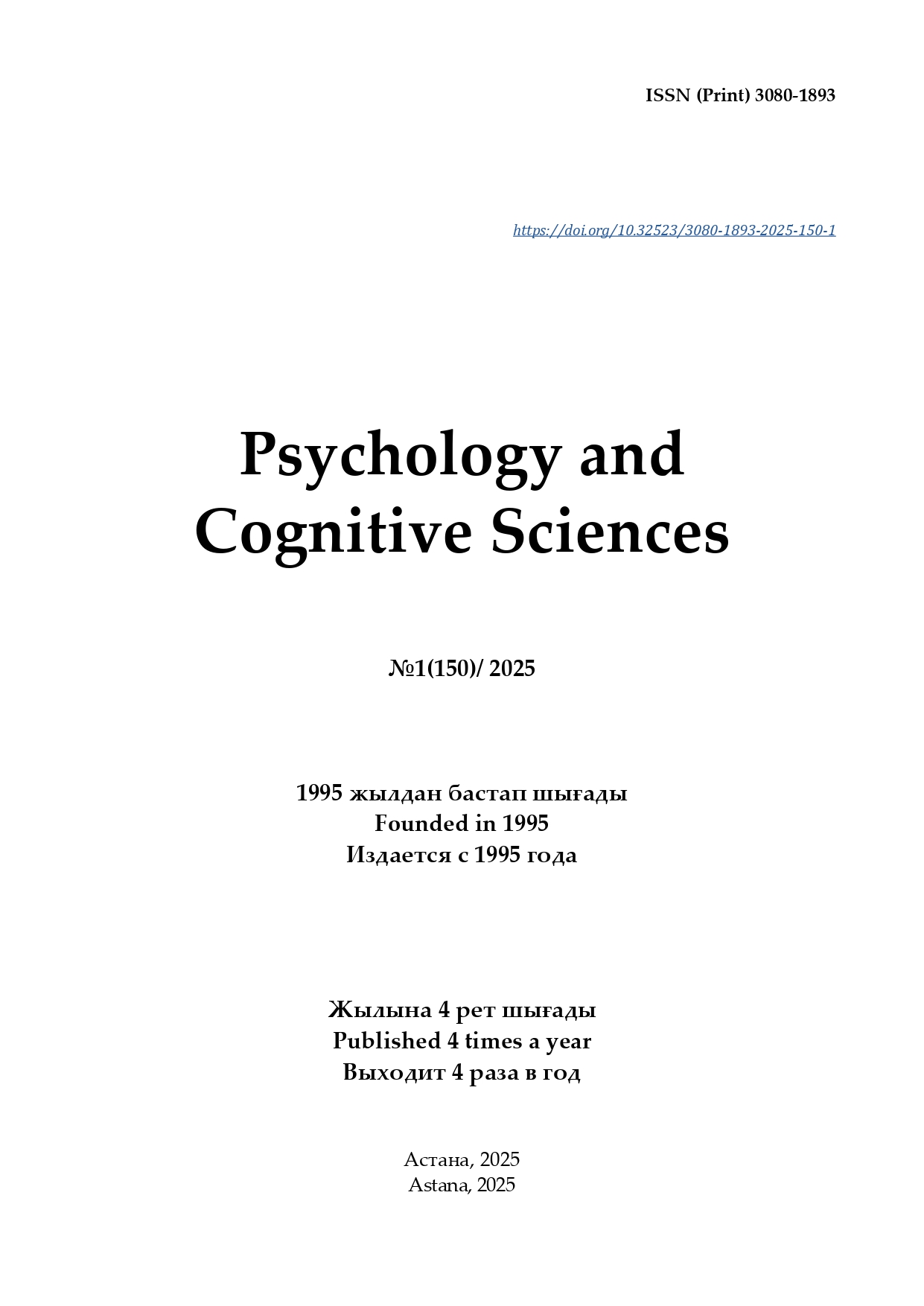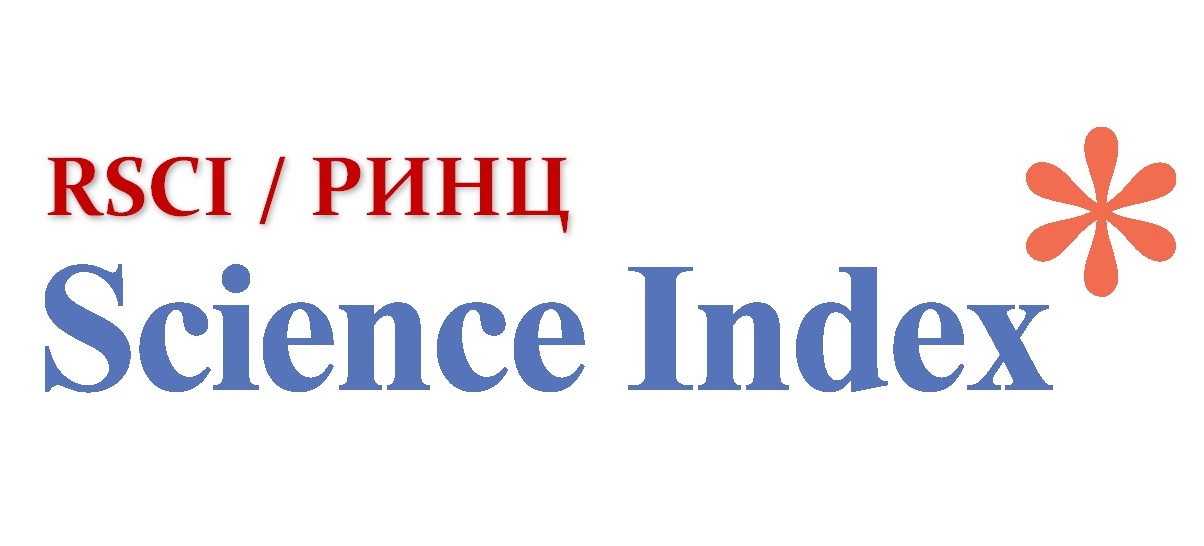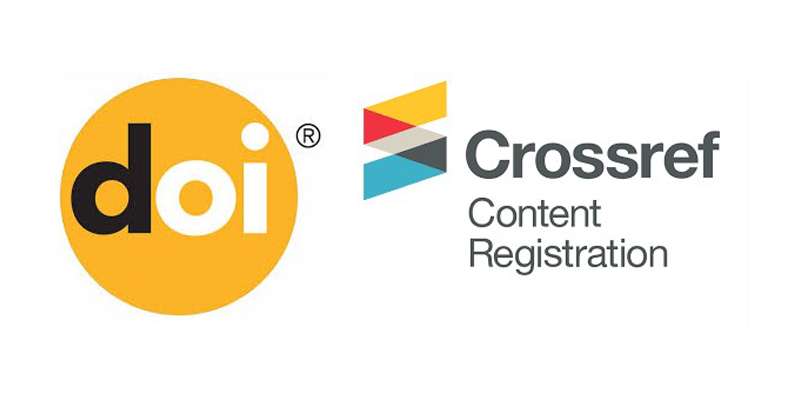On the issue of the structure and elements of digital competence of a modern psychologist in the context of digital socialization
DOI:
https://doi.org/10.32523/3080-1893-2025-150-1-104-120Keywords:
digital competence of a psychologist; basic digital competence; personal competence of a psychologist; professional competence; digital cultureAbstract
The article actualizes the problem of digitalization of all aspects of the life of the modern generation of people. In this regard, emerging new problems of personality formation and development in the context of digital socialization require modern psychologists to have digital competence. The digital competence of a psychologist is considered as a complex, multidimensional education, which is professionally important for successful psychological activity. The article analyzes various approaches to understanding the digital competence of a modern psychologist within the framework of the European Union model, as well as such foreign and domestic scientists as C.M. Weisenmuller, J.L. Luzier, P.A. Alexander, K. Subrahmanyam, B. Renukarya, P. Misha, M.J. Koehler, C. Greenhow, G.U. Soldatova, E.I. Rasskazova, O.V. Dudina, N.V. Bogdanovich, V.V. Delibalt, A.S. Irgaliev, G.K. Sholpankulova, M. Ermekova. Based on the results of scientific and methodological analysis, the authors present the author's definition of the concept of digital competence of a psychologist considered as a set of basic digital competencies, personal competencies, professional competencies and the foundations of digital culture. The structure of a psychologist's digital competence highlights such elements as basic digital competence (digital literacy, digital communications, digital security, digital consumption), personal competence of a psychologist (result orientation, customer focus, communication, emotional intelligence, creativity, criticality), professional competence (digital development management, organizational culture development, application of digital technologies) and digital culture (digital thinking, digital affiliation, digital flexibility and digital experience).






